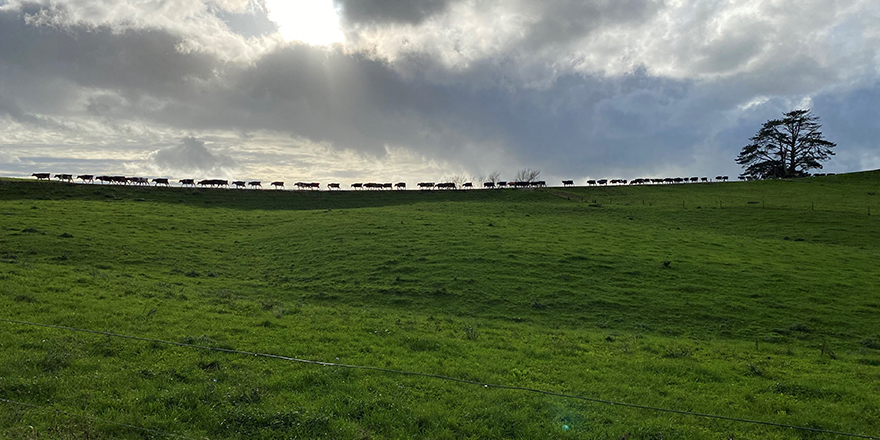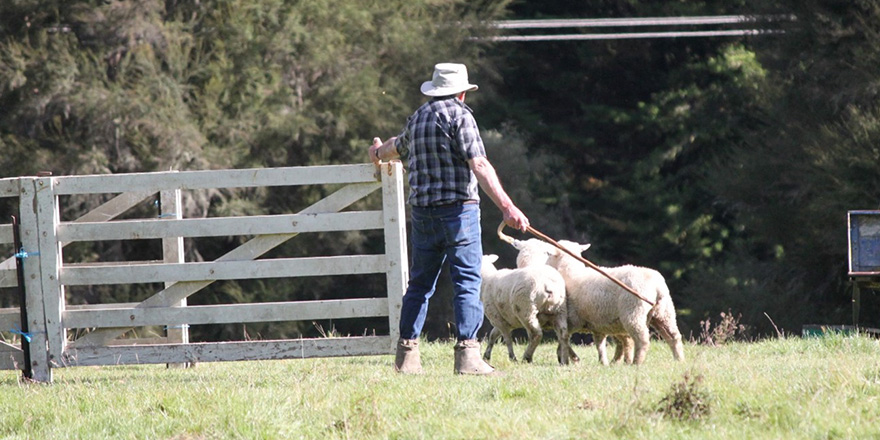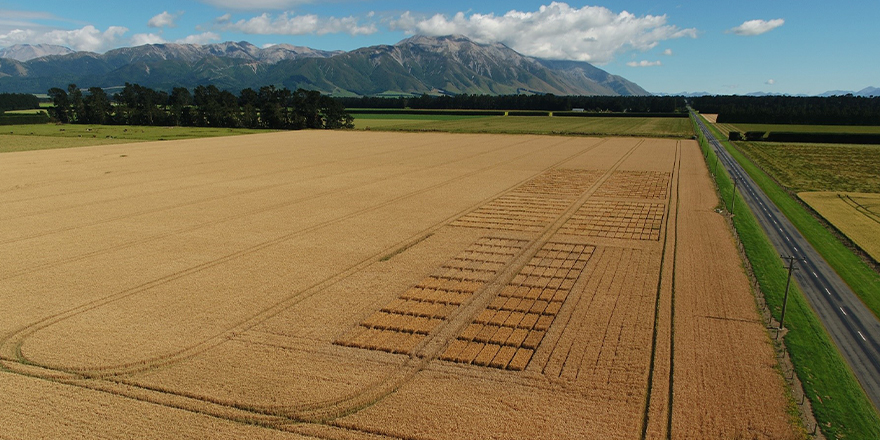
Executive summary
Family farm businesses are the backbone of the New Zealand dairy industry, with many farms being handed down generation after generation to be retained under family ownership today.
The dairy farming landscape, however, is changing. Dairy businesses are increasing in size, scale, and value.
There are also many challenges looming in the sector as the country navigates towards being more environmentally sustainable, and the consumer demands more sustainably produced food. These challenges will largely need to be handled by the next generation of farmers. To ensure family farm businesses, and the New Zealand dairy industry, can continue to thrive it is important that succession is done well.
The aim of this report is to understand the key challenges that farming families face when trying to navigate through the succession process and identify solutions to these challenges.
The methodology includes a literature review, followed by semi structured interviews to gain insights from farmers and experts on their experiences. Interview responses were thematically analysed with key themes then critically analysed to gather findings.
Key challenges to succession were found to be poor communication, incorrect legal structure, a reluctance from farmers to start the process, and a lack of clarity.
Solutions to these challenges were identified as improving family communication, getting the legal structure right, reading literature to improve understanding, putting a plan in place, and engaging the help of an independent facilitator.
Recommendations for farming families:
- Start discussions early regarding succession with your children and trusted advisors. Know that the succession process takes time. Early discussions help establish clarity for parents on potential successors, and clarity for children on how they may organise their lives.
- Plan for succession. Parents to establish what the desired outcome for succession is. It is important that this plan comes from the parents. It is also important that this is a formal and written plan and is followed up on regularly.
- Look to establish good family communication habits from a young age. For families who struggle to communicate effectively, all family members should be encouraged to read two books which provide great insight into effective family communication. These books are ‘The Secrets of Happy Families’ by Bruce Feiler and ‘The 7 Habits of Highly Effective Families: Building a Beautiful Family Culture in a Turbulent World’ by Stephen Covey.
- Establish a company/trust structure:
– When first setting up the farming business with a solicitor or accountant, the company/trust structure should be put in place. This should be right at the beginning of the farming journey and well before succession is thought of.
– If the farming business is not currently in a company/trust structure it is important that this structure is set up and assets are transferred to this structure before proceeding with succession.
- Engage with an experienced succession facilitator who is an expert in their field. The facilitator will help to start the process, lead the process and, along with a support team of trusted advisors, help the family to achieve success. A facilitator can also help to improve family communication and the formation of a written succession plan. Funding is available through MBIE and your Regional Business Partner under the Management Capability Development Fund.
- Read the 2nd Edition of ‘Keeping Farming in the Family’ written by Ian Blackman. This is a well-thought-out book that has been specifically written to help New Zealand farming families through the succession process.
Recommendations for the dairy industry:
- Industry bodies to engage with accountants and solicitors who deal with farming families to help them better understand:
– The implications of setting up partnership and trust structures for family farming businesses and the subsequent challenges that arise with these structures when the succession process begins.
– The importance of the company/trust structure for family farm succession and the all-around benefits that this structure provides to family farm businesses.
- Industry bodies to create awareness about independent facilitators. Specifically:
– That there is a number of experienced succession facilitators available.
– There are significant benefits that independent facilitators can provide to make the succession process easier.
– That there is funding available through MBIE to help cover the cost of this service.




